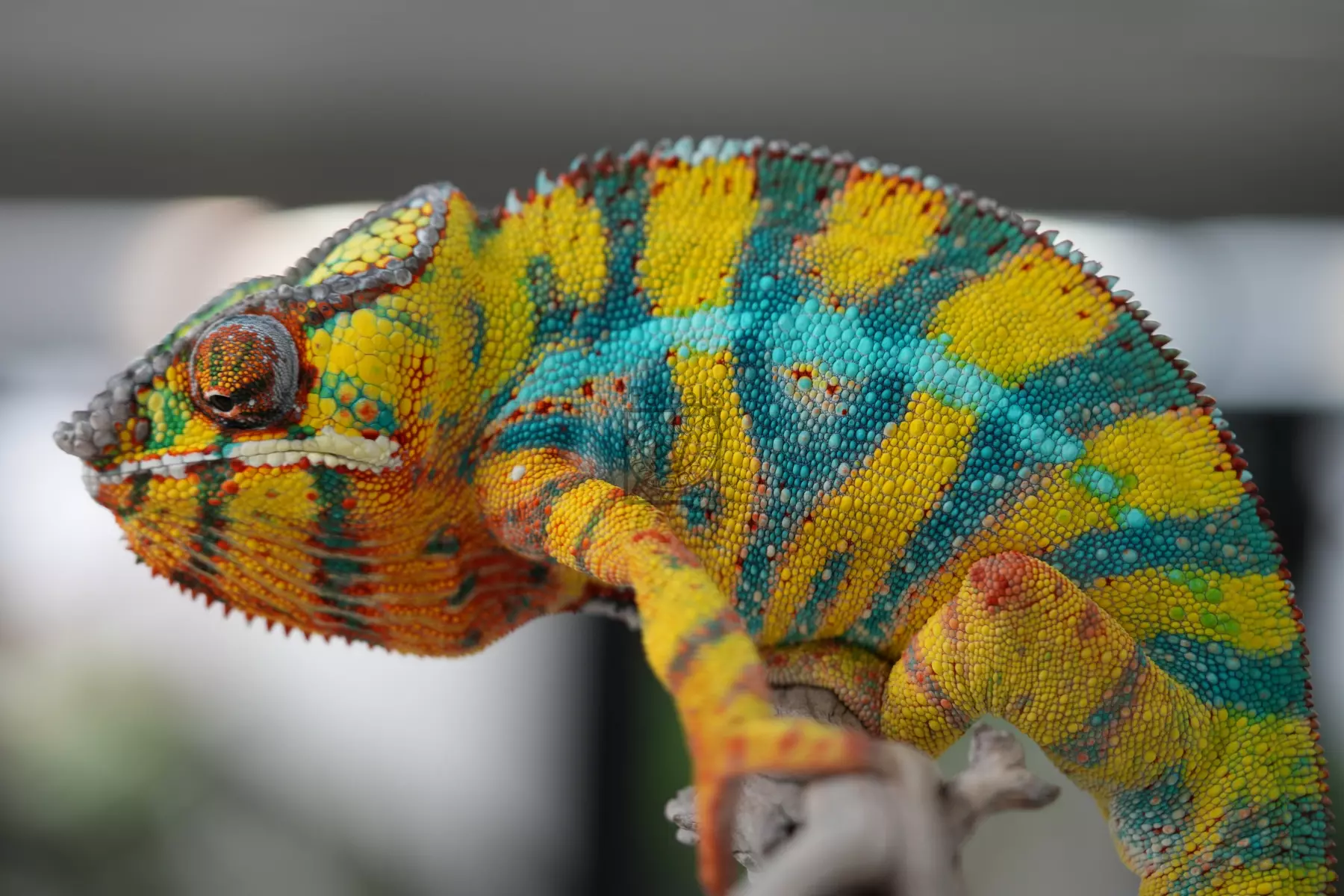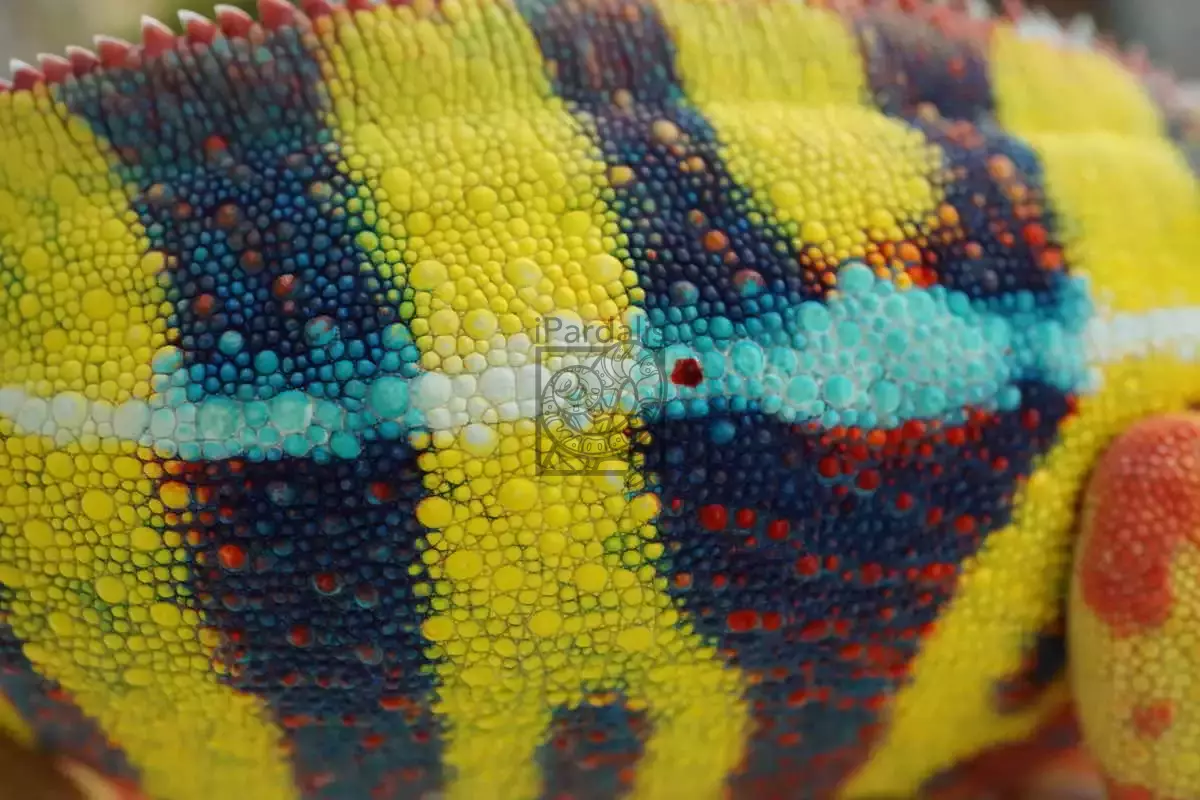November 19, 2022
We believe that sharing information about our experience with parasites will not only help our customers keep their animals healthy, but it could help build awareness and promote preventative actions throughout the industry. Our hope is that it will accomplish that goal and build stronger relationships with our customers. Eventually, it will result in long-term project sustainability and a stronger community of hobbyists.
Most people would not publish this story about parasites on their business page because most people are concerned about short-term revenue and less concerned about their integrity and animal welfare. We know this business is about relationships and optimal outcomes for our animals. That’s why we founded our project with an ethical goal in mind: individually-raised Furcifer pardalis (iPardalis). For parasites, we aim to educate people and normalize conversations about parasitology, so we can all learn from each other’s experience. Exotic veterinarian practices are often trying to re-purpose solutions known to work for one species and apply them to Panther Chameleons because they don’t have the money to perform clinical trials on Panther Chameleons. We have a wealth of knowledge which we should share, but many breeders/hobbyists are afraid of the stigma, prioritizing profits above animal welfare/personal integrity, and worried transparency is futile given the poor understanding in the general community.
The reality is chameleons have some aggressive parasites that have evolved to be pooped from the top of a tree, survive the fall (or stick to a leaf) and make their way back to a host 10-20 feet up. Parasites of terrestrial species have it easy. The parasites of arboreal species like Panther Chameleons are harder to kill, they are stickier and they can reproduce at a higher rate so a low dose still produces enough eggs to complete their direct life cycle. They may even exhibit vertical transmission from mother to child. A captive environment is a cake walk for these guys, and it can get out of control easily.
We have heard multiple rumors of competitors using the information for sales purposes, lying about how they do not have any parasites. Here’s a good rule of thumb: if someone has more than 10 chameleons, they have parasites. The prevalence rate is too high and parasites have evolved to stick around. The available drugs are not very effective at eliminating them and cleaners don’t kill them. So if someone says they haven’t found any - they haven’t looked hard enough, or they don’t know what they are looking for, probably both.
We need to call out people who lie about their project being “100% clean” because lying about the risk results in poor management practices and lower animal welfare. They are either ignorant or deceitful.
People who say they don’t have parasites are not to be trusted. The question is what do you do about your parasites. Do you focus on sanitation and ideal conditions to boost your chameleon’s immune system to keep the counts low (we do)? Do you buy lots of drugs and run it like a factory farm (we don’t)? Do you treat with the advisement of a vet (this means sometimes leaving healthy animals alone even if they test positive for a parasitic infection - we do)? There’s no world where quarantine is 100 percent effective, and you have zero parasites. Many people like to pretend their chameleons don’t have parasites. Be very cautious around people in this fantasy world. It is about to come crashing down, or they are lying to you. Pick one.
We will always choose what is best for the animals and what is ethical. If it is bad for our short-term revenue, so be it. That is the same calculus we make for lights, quality of housing, live plants, supplements, food, you name it. It isn’t about profit for us. It is about doing what is right, and knowing that our customers respect and support that. That is the only way to run a business with living things at the center. We value their lives and well-being above all else. We know that awareness about parasites is very low. Many times, even vets assume dehydration or a respiratory infection is the cause of an illness when parasites are also present. Parasites are often an amplifier of any existing problem, but they amplify less at lower loads. The safest thing to do is to assume your animal has parasites and to proactively manage the risk, even for captive-bred animals - possibly even more so for captive-bred animals that were group raised (very common) with an unnatural parasite load vs a wild caught animal with a natural parasite load.
We hope this series encourages everyone to get regular fecal exams and to start adding parasite management to their husbandry strategy for every animal in their care, regardless of whether it is wild caught or captive bred.



